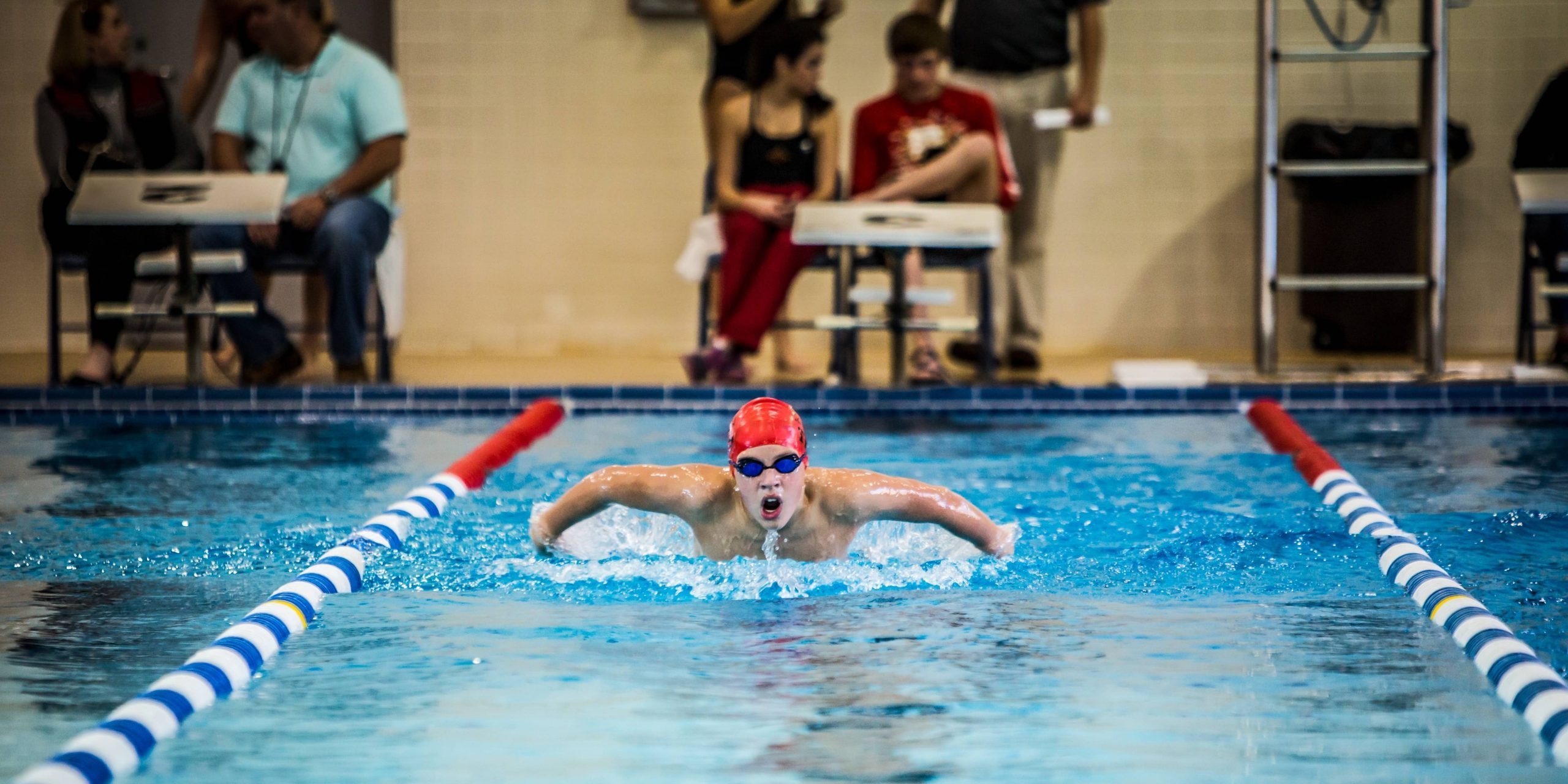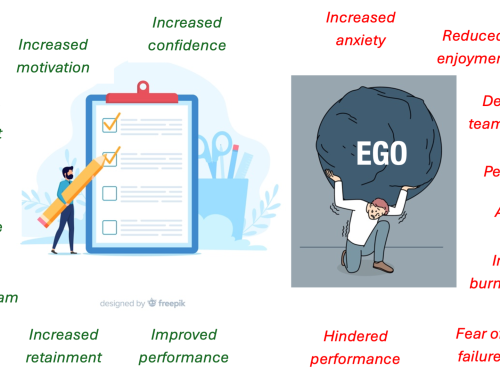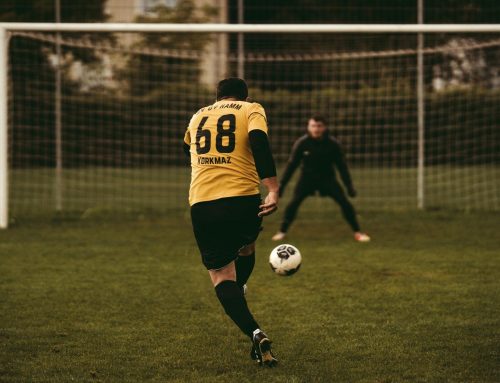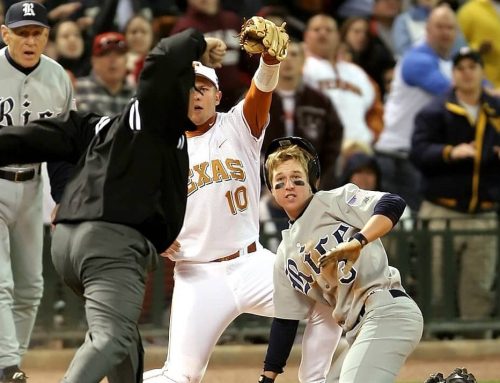Sport has the unique ability to provide us with moments of sheer excitement, joy and happiness. Yet, when it doesn’t go the way we expect, it can leave us frustrated, angry and confused. Sport can be a relentless, unpredictable and fast-changing environment, and athletes need to be able to cope in these conditions to thrive.
But how?
By focusing on one construct, we can certainly build our resilience to this environment. That construct is control.
What part of my performance can I control? How can I increase our control over this? Do I need to control this?
Take a cricket player for example, a bowler more specifically. Despite being able to consistently bowl well in the nets they can’t seem to replicate this in a match. Naturally, there are things that they CAN control. But there are aspects that they CANNOT.
So, ‘uncontrollables’, the parts of our performance that we are unable to change. They can’t be simply wished away or even prevented in the first place, and while you can’t control them, these aspects of personal and sporting life can concern us and disrupt our performance.
Uncontrollables can include the opposition, weather, the venue, the audience present and their actions. This list goes go on, but they shouldn’t deter you. Instead, they can provide motivation to remain in control of what you can influence.
Now let’s move on to the things that we can control, the ‘controllables’. By focusing on these, a positive mindset can be maintained, helping prevent negative, even defeatist thoughts, which negatively impact performance. The benefits of feeling in control are immense to performance. While anxiety is minimised, confidence is improved and a sense of empowerment over your performance can be felt.
Let’s think back to our cricketer, and the variables that they are in control of.
The amount of practice they commit to away from a match and the type of practice, such as practising different lengths and balls, they participate in are just two examples. By practising different types of balls and lengths, they are able to switch up their delivery in a match when things may not be working out, in turn controlling a controllable variable, even when the going gets tough.
Reinterpreting the way that you think about your existing skill set is so beneficial and can have a huge impact on performance!
But what can you do?
That’s why you’re still here right?
Well, the key, as with most performance related matters, is practice.
To create control over variables that you can control, one must be able to recognise these variables first. Now this may be easy for you to see straight away but you shouldn’t worry if you can’t as this is perfectly normal.
So, why don’t we start thinking of variables that we can control in our performance.
This will almost certainly be different for individuals in different sports. Think back to our cricket example, which will hopefully inspire some thought about your controllables.
Their list may include: –
- Their run up
- How they practice in the nets
- Who they practice with and how long for
- Pre-match routine
If you struggle, how about making lists of what you can control in everyday life (leading a healthy lifestyle, time management) before thinking ahead to your performance, to ease yourself into this task.
Practice makes perfect
These variables you already feel that you are in control of provide a perfect base to progress from on your way to controlling the controllables. By already feeling in control of these, through practice you can master complete control over these, boosting morale and performance.
Maybe you find this all easy and want to go further. Try focussing on those concerns that you want to control but haven’t quite achieved yet, as long as they are in your ability to do so. By becoming aware, you can think of ways to increase your control over these variables. Maybe your backhand shot isn’t as powerful as you would like, or the shot you have practised in the cricket nets has eluded you when you’re at the crease.
The common denominator in improving control is practice.
Naturally you should do what you feel will help develop that level of control. Your peers can help you identify your strengths, and your coach might be able to help you with ideas to help you or even integrate ideas into sessions. After all, what helps you may help others in the team! It can be easy to focus upon weaknesses in one another as well as ourselves, but identifying strengths is just as, if not more, important than weaknesses. In saying so, neglecting weaknesses shouldn’t happen. Just keep in mind that a little bit of self-love and appreciation can go a long way to improving your confidence, performance and enjoyment.





Leave A Comment